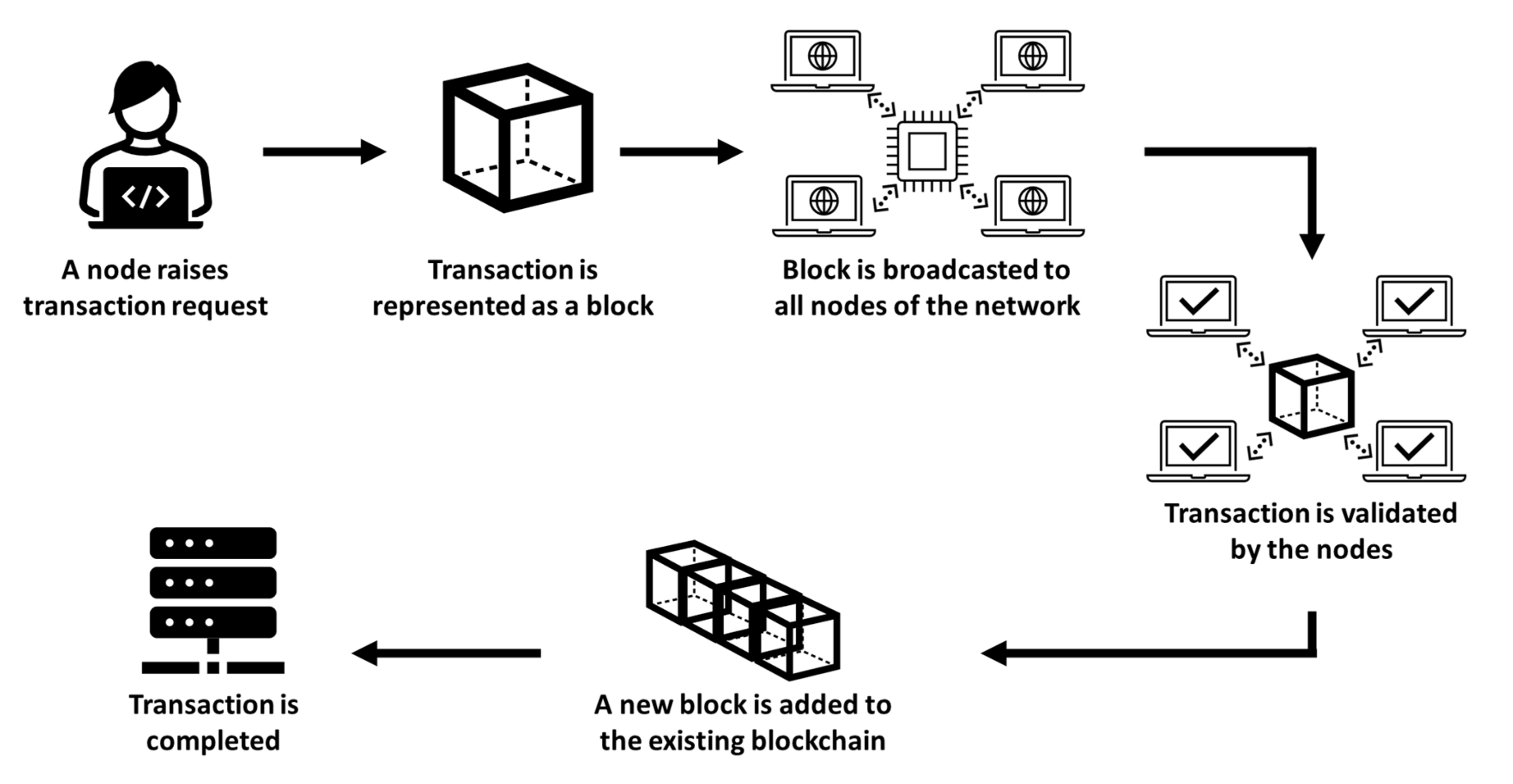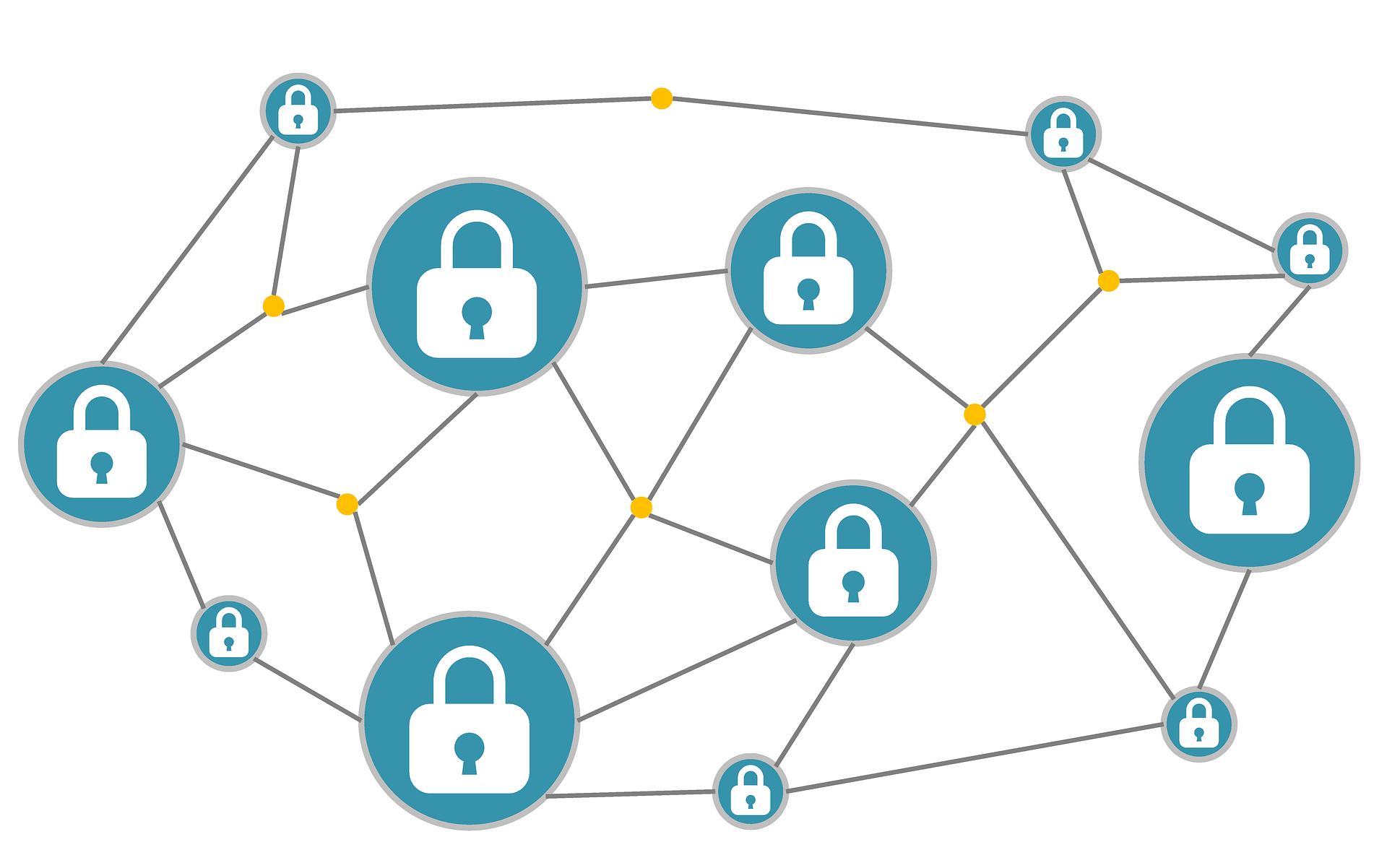Necessity of blockchain technology
Introduction
The necessity of blockchain technology has emerged as a prominent topic of discussion in recent years. Originally introduced as the underlying technology behind the cryptocurrency Bitcoin, blockchain has since evolved into a powerful tool with diverse applications across various industries. In this essay, we will explore the necessity of blockchain technology and the ways it can revolutionize different sectors.
At its core, blockchain is a decentralized and transparent digital ledger that records transactions across multiple computers. This unique combination of decentralization and transparency brings several advantages to the table. One of the primary benefits is the elimination of intermediaries, such as banks or third-party payment processors, in financial transactions. By leveraging blockchain, individuals can conduct peer-to-peer transactions without relying on traditional financial institutions, reducing costs and increasing efficiency.
Moreover, blockchain provides a robust solution for enhancing security and trust in data exchange. The immutability of blockchain records ensures that once a transaction is recorded, it cannot be altered retroactively. This feature is particularly crucial in industries like supply chain management, where the traceability of goods can be verified through every step of the process. Blockchain technology allows for the creation of a trusted and tamper-proof system that enhances transparency, reduces fraud, and strengthens accountability.
Another area where blockchain can significantly contribute is identity management. With traditional systems, individuals often need to share sensitive personal information with multiple organizations, leading to privacy concerns and potential data breaches. Blockchain-based identity management systems offer a solution by providing users with control over their personal data while enabling secure and verified identity verification. By decentralizing identity information and giving users the ability to grant selective access to their data, blockchain can revolutionize the way identity is managed, enhancing privacy and security.
Blockchain technology also has the potential to transform the healthcare industry. Patient data, often scattered across various healthcare providers, can be consolidated securely on the blockchain, enabling seamless access to medical records while maintaining patient privacy. This decentralized approach allows for the secure sharing of medical information, ensuring that healthcare providers have accurate and up-to-date data to make informed decisions. Additionally, blockchain-based smart contracts can automate and streamline healthcare processes, reducing administrative costs and improving efficiency.
Furthermore, blockchain can address pressing issues in voting systems. By leveraging its properties of transparency, immutability, and security, blockchain-based voting platforms can offer a decentralized and tamper-proof solution. This can help to eliminate fraudulent practices and enhance the integrity of elections, ensuring that every vote is accurately recorded and counted.
In conclusion, the necessity of blockchain technology stems from its ability to provide secure, transparent, and efficient solutions across various sectors. Its decentralized nature removes the need for intermediaries, reducing costs and increasing efficiency. By enhancing security and trust in data exchange, blockchain can revolutionize industries such as finance, supply chain management, identity management, healthcare, and voting systems. As blockchain technology continues to evolve and mature, its potential to disrupt and transform industries is becoming increasingly evident. Therefore, embracing and exploring the possibilities of blockchain technology is crucial to unlocking its full potential and reaping its benefits in the years to come.
Here are some key advantages of blockchain technology:
1.Decentralization
Blockchain operates on a decentralized network of computers, known as nodes, which eliminates the need for a central authority or intermediary. This decentralization increases transparency, reduces the risk of a single point of failure, and enhances trust among participants.
2.Transparency
Blockchain is a transparent and immutable ledger, meaning that once a transaction is recorded, it cannot be altered retroactively without consensus from the network. This transparency fosters trust and accountability, making it ideal for industries such as supply chain management, where tracing the origin and movement of goods is critical.
3.Security
The cryptographic algorithms used in blockchain technology provide robust security. Transactions are secured using digital signatures, and the decentralized nature of the network makes it extremely difficult for hackers to compromise the entire system. Additionally, the use of consensus mechanisms, such as Proof of Work or Proof of Stake, ensures the integrity of the network.
4.Efficiency and Cost Reduction
Blockchain eliminates the need for intermediaries and streamlines processes by enabling direct peer-to-peer transactions. This reduces costs associated with intermediaries, paperwork, and reconciliation, while also speeding up transaction settlement times. Smart contracts, which are self-executing contracts with predefined conditions, automate processes and further enhance efficiency.
5.Improved Traceability
Blockchain provides an auditable trail of all transactions, allowing for improved traceability and accountability. In supply chain management, for example, blockchain can track the movement of goods from their origin to the final destination, reducing fraud and counterfeiting.
6.Enhanced Privacy
Blockchain offers privacy features that protect sensitive data. While the ledger is transparent, the actual identities of participants can remain pseudonymous or anonymous, depending on the design of the blockchain. This enables secure transactions and data sharing without revealing personal information.
7.Data Integrity
Once data is recorded on the blockchain, it becomes tamper-proof and immutable. This feature ensures the integrity and authenticity of the data, making blockchain particularly useful in applications where data integrity is crucial, such as legal and financial records.
8.Innovation and Disruption
Blockchain technology has the potential to disrupt traditional business models by introducing new decentralized solutions. It fosters innovation by enabling the development of decentralized applications (DApps) and platforms, empowering individuals and businesses to create new decentralized services and ecosystems.
9.Financial Inclusion
Blockchain has the potential to provide financial services to the unbanked or underbanked populations around the world. With a smartphone and internet access, individuals can access blockchain-based financial services, such as digital wallets, cross-border payments, and microfinance, without needing a traditional bank account.
10.Trust and Collaboration
By providing a shared, immutable ledger, blockchain fosters trust and collaboration among participants. It enables multiple parties to interact and transact directly, even if they do not trust each other, creating new opportunities for cooperation and partnerships.
These advantages highlight the transformative potential of blockchain technology across various industries, paving the way for more efficient, secure, and transparent systems.



































